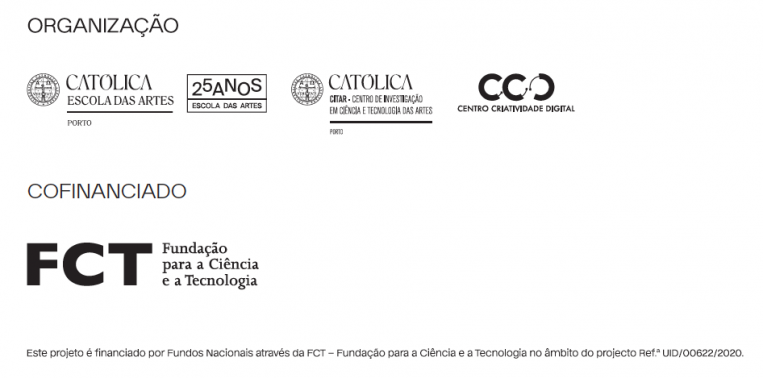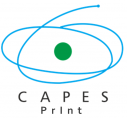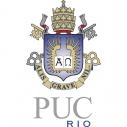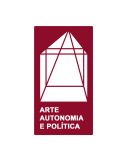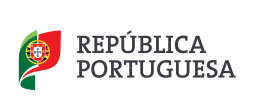Spring Seminar 2023 · Montage
MAY 10-12, 2023
School of Arts - Universidade Católica Portuguesa
CALL FOR PAPERS
Extended Deadline: February 28, 2023
Results: March 10, 2023
Submissions should contain the following information:
Title
Authors' names, affiliations and contacts
Abstract, 250-300 words
3-5 keywords
3-5 references
Authors' short bio (maximum 100 words)
Please submit it here: https://forms.office.com/e/UJinCw38kK
For any inquiries, please send an email to: springseminar.arts@ucp.pt
We accept individual submissions (communications up to 20 minutes), or from a pre-constituted panel (3 to 4 people, 20 minutes per person), identifying a coordinator, who assumes responsibility for the submission. We accept communications in Portuguese or English.
The conference will be hybrid (presential and online).
Keynote speakers
David Joselit
Delfim Sardo
Nuno Faria + Jonathan Uliel Saldanha
Sergei Loznitsa
Sofia Borges
The Spring Seminar 2023 will discuss montage as a decisive strategy for the arts and for philosophy, from modernity to the present. The use of montage has become a way of breaking with the traditional claim of theoretical completeness or beautiful aesthetic harmony, making it clear that it is more about assembling fragments than totalizing an absolute truth. It opens a different way for conceiving knowledge and political practice.
As a strategy, montage is thus announced – but not yet with this name – in the fragmentary philosophy of German Romanticism at the end of the 18th century. Traditional confidence in the completeness of meaning was lost, as if thoughts were left in pieces or ruins of what was once a totality. The poem “The archaic torso of Apollo'', by Rainier Maria Rilke, is an example of that historical and artistic situation.
Since then, montage was adopted in the artistic vanguards during the 20th century: in cinema from Eisenstein to Vertov until its radical use with Jean-Luc Godard; in photography; in Cubist collage painting on canvas by Braque and Picasso; in the poetry of Surrealism; in tropicalist music by Caetano Veloso - among many other expressions. Walter Benjamin and Peter Bürger turned montage into a fundamental critical category.
Nowadays, montage can be found even in the operation of DJs guided by sampling, altering, and joining sound parts from different sources. Much of contemporary art responds to what Marjorie Perloff called “non-original genius”, that is, a creation through recombination of what has already been done, through a reorganization of material already produced.
Beyond that, montage also broke down hierarchies and intertwined different forms of art, which were incessantly recombined, assembling different artistic procedures, as well as revealing new meanings from archival material. It brings a new approach to dialectical thinking.
Therefore, montage opened new paths for curatorial practice, from the seminal procedures of Aby Warburg to the ideas of Georges Didi-Huberman, who think about affinities and tensions between images that do not obey a chronological linearity, being assembled with other historical relations. See, for example, the emblematic case of the film-essay by Alain Resnais and Chris Marker, Les Statues meurent aussi, from 1954. But so many films in contemporary cinema use montage to give account of the overwhelming abundance of images, such as the ones coming from CCTV cameras, streaming, and the newly digitized archive. Concepts as fake documentaries, appropriation film and film essays have regained a new meaning in the last two decades.
Theoretical writing in essays, abdicating the systematic intentions of idealism, also makes use of montages of ideas, instead of chaining them according to a necessary and unequivocal order. The essay – originated with Michel de Montaigne in the Renaissance and theorized since Georg Lukacs in the 20th century – does not seek an absolute origin or ultimate end, but a constellation that allows thinking about its subject from an unforeseen perspective.
Montage thus became not just a way of creating new objects, images, or ideas, but new relationships between objects, images, and ideas. Metaphors such as bricolage, mosaic, constellation, or collage would replace – by juxtaposing their elements next to each other – the monolithic structure of the synthesis that is based on strict causalities between its elements.
To assemble is to inscribe surprising associations between elements or works that, otherwise, might seem distant from each other, whether in space or time. In this way, montage challenges traditional modes of representation and summons art and thought to present themselves.
In this context, different proposals and different areas of research and artistic practices are welcome to think about montage in art, criticism, philosophy, curatorship, and culture production in general:
montage of ideas against totalization of truth;
curatorial practice as montage and performativity;
political implications of montage;
fragments in art and philosophy;
different approaches in dialectical thinking;
unconscious associations in poetry and psychoanalysis;
collages in painting and arts;
different montage practices in cinema;
film essays and other forms of appropriation films in contemporary cinema;
images and photomontages;
sound juxtapositions in music;
montage between different art forms;
essay as a form in writing or images;
archive and memory in the historical knowledge of the past.
A joint iniciative: Escolas das Artes da Universidade Católica Portuguesa; CITAR – Centro de Investigação em Ciência e Tecnologia das Artes; PUC – Rio; CAPES Print; Grupo de Arte, Autonomia e Política
